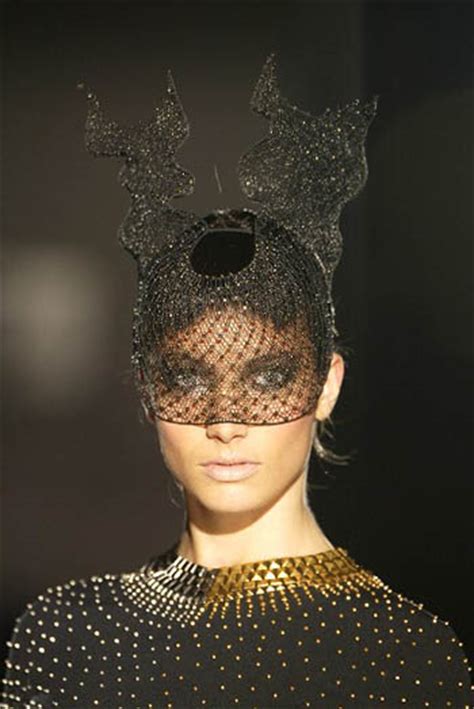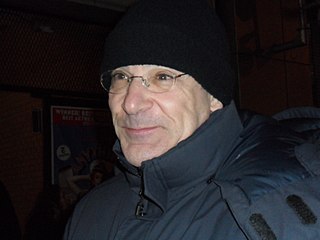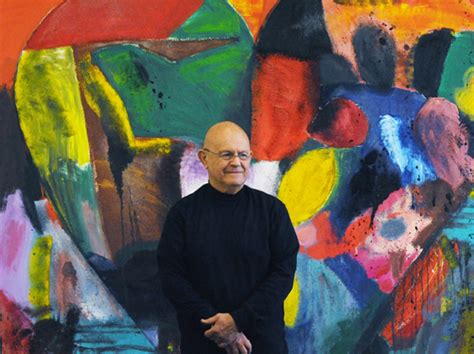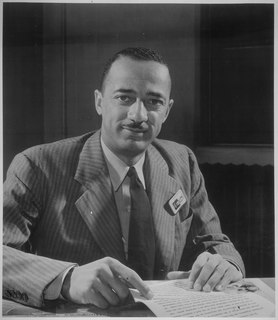A Quote by Philip Treacy
I believe in originality, primarily. However, it's important to know what there has been before to aim in that direction. Art history informs us. It informs our mind. I like to look at books, exhibitions, paintings, as a computer, subconsciously taking on information.
Related Quotes
Our time and attention is scarce. Art is not that important to us, no matter what we might like to believe... Our love of art is often quite temporary, dependent upon our moods, and our love of art is subservient to our demand for a positive self image. How we look at art should account for those imperfections and work around them. Keep in mind that books, like art museums, are not always geared to the desires of the reader. Maybe we think we are supposed to like tough books, but are we? Who says? Many writers (and art museums) produce for quite a small subsample of the... public.
One can think of a secretary actively operating a filing system, of a librarian actively cataloguing books, of a computer actively sorting out information. The mind however does not actively sort out information. The information sorts itself out and organises itself into patterns. The mind is passive. The mind only provides an opportunity for the information to behave in this way. The mind provides a special environment in which information can become self-organising. This special environment is a memory surface with special characteristics.
The American Dream is one of the greatest ideas in the history of human achievement . . . It thrives today in an age when its core components of freedom and opportunity are open to more Americans than ever before. It holds a real, identifiable place in the American heart and mind, and it informs the aspirations of everyone from farmers to software developers, from detectives to bankers, from soldiers to social workers . . . It defines us as a people, even as we add to its meaning with each new chapter in our national experience and our individual actions.
I'm a cinephile. I love movies, I love film at every level. I'm a student of it. It informs me as does all art in my music, because there's stories, there's acts, there's moods, there's dynamics, there's moodiness, emotion. All of those things that play into a film. I think that could equally be said about music. It definitely informs me. Beats is stories.








































